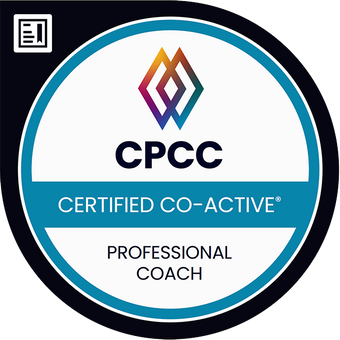Internal fight against fraud
The internal fight against fraud covers the entire life cycle of white-collar crime. This includes, in particular, the different patterns of compliance and governance violations too.
More precisely, the fight against fraud covers all activities related to the prevention of fraud, including the gathering of evidence and statements, the preparation and conduct of interviews, the reports, the testimony of results and assistance in the prevention and detection of fraud as part of the remediation.
Fraud investigation or fact-finding is a methodology used to clarify allegations of fraud from start to finish. Depending on the initial situation, the internal investigation team may join in at different stages and support or take over from other departments already involved within the organisation.
Success factor: Interdisciplinary investigation teams
The area of responsibility of the fraud investigator requires a combination of financial expertise, investigative know-how, legal knowledge and a comprehensive understanding of the high complexity involved in the prevention, detection, and investigation of fraud. The interaction of these disciplines is of high relevance for the effectiveness of fraud prevention and investigation.
For this reason, the internal investigation teams also play an important role in the wider area of the fight against fraud. A recent ACFE study clearly shows the current situation as well as the expected developments.
These internal teams not only identify evidence and shed light on possible grievances against the company but also increase the perception that their companies are aware of and respond to fraud. This visibility of the investigation team often serves as a deterrent to future misconduct. The sensitivity is increased internally.
In close cooperation with the Company’s audit, risk, legal, compliance and finance functions, as well as with management, the internal investigation team serves as a key element in a comprehensive anti-fraud program.
Internal investigation teams under the magnifying glass
According to the ACFE study, 2.21 internal fraud investigators are employed per 1000 employees in an organisation. In this study, these included only those who are employed by the company as employees and not the external experts, who are included depending on the initial situation.
As far as the qualifications and experience of the internal investigation teams are concerned, an average of 43% is trained as Certified Fraud Examiners. This makes up the largest specialisation group, followed by Auditors with 20% and Certified Internal Auditors with 16%. The experts from the technical field, such as the Certified Information Systems Auditor (CISA), are somewhat less strongly represented, but in my opinion enormously important. According to the survey, they are only represented by 9%.
Concerning professional experience as a fraud examiner or fraud investigator, the statements are strongly dependent on the respective industry and range between 6.5 and 15.4 years. The average is 10.3 years. Experience has shown that very many experts in fraud prevention and investigation continue their training after completing an established profession. This combination makes it enormously valuable for the company in many respects to be able to profit comprehensively from the experience. Preventive, uncovering and investigative.
In my opinion, the motto of both – internal and external investigators – is the use and appreciation of the interdisciplinary competences and experiences of the team members. And: the synergy of the common goal in mind. I am convinced that the fight against fraud is more than just a profession for many of my expert colleagues. Vocation!
With this in mind, committed and interdisciplinary on the road
Yours,
Sonja Stirnimann




